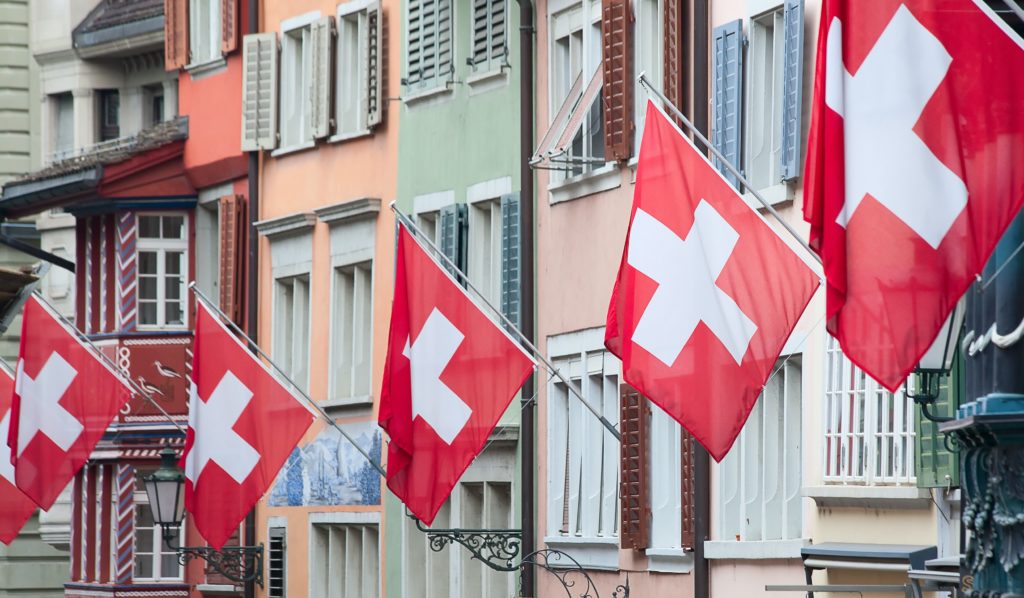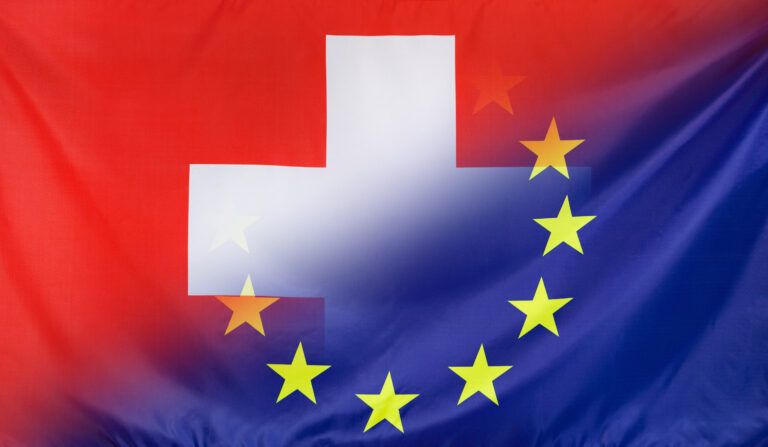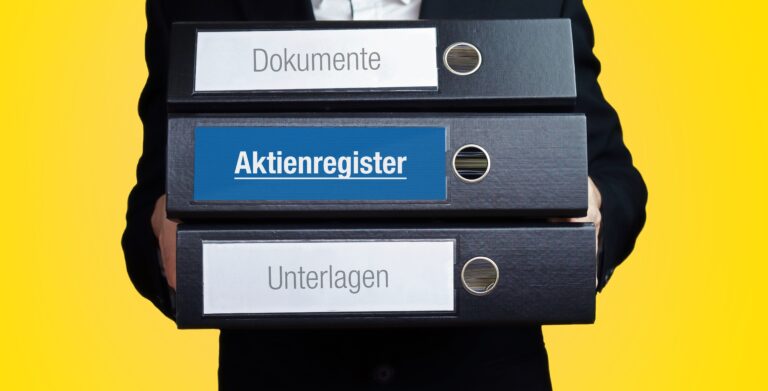Public Holidays in Switzerland and Geneva in 2025 and 2026: Your Complete Guide
Planning your year in Switzerland, whether for business or leisure, requires a clear understanding of the Public Holidays Switzerland 2025 and 2026. Given Switzerland’s unique federal structure, where each canton enjoys significant autonomy, the observance of public holidays can vary considerably from one region to another. This guide aims to provide a comprehensive overview, helping you navigate the diverse landscape of Public Holidays Switzerland 2025 and 2026, ensuring you’re well-prepared for both national celebrations and canton-specific observances. Get ready to mark your calendars for the Public Holidays Switzerland 2025 and 2026!
Swiss Public Holiday in Switzerland Calendar for 2025 and 2026
Here’s a general overview of the most frequently observed public holidays in Switzerland, along with their cantonal distribution (cantons are indicated by their official abbreviations). Please note that these lists are based on common practices, and minor variations might occur.
Public Holidays in Switzerland for 2025:
- January 1st (New Year’s Day): All cantons.
- January 2nd (Berchtold Day): AG, BE, FR, GL, JU, LU, OW, SH, TG, VD.
- January 6th (Epiphany): GR, LU, SZ, TI, UR.
- March 1st (Republic Day): NE.
- March 19th (Saint Joseph’s Day): GR, LU, NW, SZ, TI, UR, VS.
- April 18th (Good Friday): All except TI, VS.
- April 21st (Easter Monday): All except NE, SO, VS, ZG.
- May 1st (Labour Day): BL, BS, JU, LU, NE, SH, SO, TG, TI, ZH.
- May 29th (Ascension Day): All cantons.
- June 9th (Whit Monday): All except NE, SO, VS, ZG.
- June 19th (Corpus Christi): All except AR, BL, BS, BE, GE, GL, NE, SH, SG, TG, VD, ZH.
- August 1st (Swiss National Day): All cantons.
- August 15th (Assumption Day): AG, AI, FR, JU, LU, NW, OW, SO, SZ, TI, UR, VS, ZG.
- September 4th (Geneva Fast): GE.
- September 15th (Federal Fast Day): VD.
- September 22nd (Saint Maurice’s Day): AI.
- September 25th (Saint Nicholas of Flüe Day): OW.
- November 1st (All Saints’ Day): All except AR, BL, BS, BE, GE, GR, NE, SH, TG, VD, ZH.
- December 8th (Immaculate Conception): AG, AI, FR, GR, LU, NW, OW, SZ, TI, UR, VS, ZG.
- December 24th (Christmas Eve): GL.
- December 25th (Christmas Day): All cantons.
- December 26th (Saint Stephen’s Day): All except GE, JU, NE, SO, VS, VD, ZG.
- December 31st (New Year’s Eve, Restoration of the Republic): GL, GE.
Public Holidays in Switzerland for 2026:
- January 1st (New Year’s Day): All cantons.
- January 2nd (Berchtold Day): AG, BE, FR, GL, JU, LU, OW, SH, TG, VD.
- January 6th (Epiphany): GR, LU, SZ, TI, UR.
- March 1st (Republic Day): NE.
- March 19th (Saint Joseph’s Day): GR, LU, NW, SZ, TI, UR, VS.
- April 3rd (Good Friday): All except TI, VS.
- April 6th (Easter Monday): All except NE, SO, VS, ZG.
- May 1st (Labour Day): BL, BS, JU, LU, NE, SH, SO, TG, TI, ZH.
- May 14th (Ascension Day): All cantons.
- May 25th (Whit Monday): All except NE, SO, VS, ZG.
- June 4th (Corpus Christi): All except AR, BL, BS, BE, GE, GL, NE, SH, SG, TG, VD, ZH.
- August 1st (Swiss National Day): All cantons.
- August 15th (Assumption Day): AG, AI, FR, JU, LU, NW, OW, SO, SZ, TI, UR, VS, ZG.
- September 3rd (Geneva Fast): GE.
- September 21st (Federal Fast Day): VD.
- September 22nd (Saint Maurice’s Day): AI.
- September 25th (Saint Nicholas of Flüe Day): OW.
- November 1st (All Saints’ Day): All except AR, BL, BS, BE, GE, GR, NE, SH, TG, VD, ZH.
- December 8th (Immaculate Conception): AG, AI, FR, GR, LU, NW, OW, SZ, TI, UR, VS, ZG.
- December 24th (Christmas Eve): GL.
- December 25th (Christmas Day): All cantons.
- December 26th (Saint Stephen’s Day): All except GE, JU, NE, SO, VS, VD, ZG.
- December 31st (New Year’s Eve, Restoration of the Republic): GL, GE.
These lists highlight the rich traditions and cultural diversity that characterize each Swiss canton.
Specific Public Holidays in Geneva for 2025 and 2026
For the Canton of Geneva, here is a list of key public holidays for the next two years, generally observed by the administration and most businesses:
Public Holidays in Geneva in 2025:
- New Year’s Day (January 1st, 2025)
- Good Friday (April 18th, 2025)
- Easter Monday (April 21st, 2025)
- Ascension Day (May 29th, 2025)
- Whit Monday (June 9th, 2025)
- Swiss National Day (August 1st, 2025)
- Geneva Fast (September 4th, 2025)
- Christmas Day (December 25th, 2025)
- Restoration of the Republic (December 31st, 2025)
Public Holidays in Geneva in 2026:
- New Year’s Day (January 1st, 2026)
- Good Friday (April 3rd, 2026)
- Easter Monday (April 6th, 2026)
- Ascension Day (May 14th, 2026)
- Whit Monday (May 25th, 2026)
- Swiss National Day (August 1st, 2026)
- Geneva Fast (September 3rd, 2026)
- Christmas Day (December 25th, 2026)
- Restoration of the Republic (December 31st, 2026)
Notable Cultural and Regional Celebrations
Beyond official public holidays, Switzerland is rich in local celebrations and events that reflect its cultural diversity:
- Sechseläuten in Zurich: Literally meaning “the end of the six hours,” this spring festival dates back to medieval Zurich regulations on working hours. It celebrates the end of winter and the lengthening of daylight hours. The highlight is a guild parade and the burning of the Böögg, a symbolic snowman whose swift burning is believed to predict the summer weather.
- Escalade Festival in Geneva: This festival commemorates Geneva’s victory over the troops of Duke Charles Emmanuel I of Savoy in 1602. Legend has it that “Mère Royaume” helped repel invaders by pouring a cauldron of hot soup over soldiers attempting to scale the city walls. Each year, Genevans celebrate this event by parading in period costumes, singing traditional songs, and smashing chocolate cauldrons.
These local celebrations highlight Switzerland’s cultural richness and regional diversity, adding unique dimensions to the cantonal calendars. It’s always advisable to check specific cantonal holiday schedules for precise planning.
Legal Framework for Holidays and Employment Relations in Switzerland
In Switzerland, the legal framework concerning holidays and employment relations is primarily determined by cantonal regulations, supplemented by federal law.
Legal Public Holidays
- National Holiday: August 1st is the only national holiday recognized across all Swiss cantons.
- Cantonal Holidays: Each canton has the autonomy to declare additional public holidays, up to a maximum of nine days per year, as stipulated by labor law.
- Legal Status: Public holidays are generally treated like Sundays. This means that work is, in principle, prohibited unless special legal permission is obtained, particularly for sectors requiring continuous operation (e.g., hospitals, public transport).
Annual Paid Leave
Swiss labor law stipulates that all employees are entitled to a minimum of four weeks of paid vacation per year. This entitlement increases to five weeks for employees under 20 years old. Employers may grant more vacation days, often under collective labor agreements (CLAs) or individual contracts.
Special Leave
Swiss labor law also provides for various scenarios for special leave, usually related to personal events or civic duties:
- Personal Events: Doctor’s appointments, family bereavement, moving house.
- Public Duties: Jury duty, mandatory military or civil service (beyond regular service).
- Significant Life Events: Marriage, birth of a child (beyond specific maternity/paternity leave).
For these types of leave, employers are generally required to grant permission, usually without loss of pay. The exact duration and conditions may vary depending on employer policies and the specific employment contract.
Maternity and Paternity Leave
Switzerland has implemented specific provisions to support families:
- Maternity Leave: Women are entitled to 14 weeks of paid maternity leave at 80% of their average earnings. This benefit is covered by federal loss of earnings insurance.
- Paternity Leave: Men receive two weeks of paternity leave, also paid at 80% of their earnings.
These provisions reflect Switzerland’s commitment to supporting families around the birth or adoption of a child.
RISTER: Your Partner for Compliance in Swiss Labor Law
Any changes regarding public holidays or leave conditions are strictly regulated and must adhere to both federal and cantonal laws, ensuring that employee rights are uniformly respected across different regions and sectors.
For any business, especially entrepreneurs and SMEs, understanding the nuances of Swiss labor law and ensuring compliance with local regulations is essential. This is where the services of a fiduciary firm like RISTER, Fiduciary based in Geneva, become crucial. RISTER plays a significant role in assisting both Swiss and cross-border entrepreneurs in navigating the complexities of Swiss employment contracts.
Here’s how RISTER can assist clients:
- Interpretation of Swiss laws: RISTER helps you understand the various legal obligations arising from Swiss employment laws, which is essential for employers looking to comply with Swiss labor standards.
- Compliance with minimum wages: Switzerland does not have a national minimum wage, but some cantons have instituted their own minimum wages, and many industries are governed by collective labor agreements (CLAs) that define minimum wages. RISTER assists companies in applying these cantonal regulations and CLAs to ensure that wages paid comply with legal requirements.
- Management of employment contracts: We provide assistance in drafting employment contracts that meet all Swiss legal requirements, including clauses on working hours, leave, social insurance, and other important provisions.
- Advice on CLAs: CLAs are common in many sectors in Switzerland and can complicate workforce management. RISTER can advise businesses on the application of these agreements, which is crucial for companies operating in sectors regulated by CLAs.
- Support for cross-border entrepreneurs: Cross-border entrepreneurs face unique challenges, especially regarding taxation and social security. RISTER helps these entrepreneurs understand their rights and obligations, particularly those who work in one Swiss canton but live in France, Spain, or other European countries.
- Regular consultations and updates: As laws and regulations can evolve, RISTER offers regular consultations to help businesses stay up-to-date with the latest legislative and regulatory changes.
For Swiss businesses and SMEs seeking to understand the nuances of Swiss labor law and ensure compliance with local laws, services like those offered by RISTER are essential. They not only help avoid potential disputes but also ensure effective personnel management that complies with the law.
In conclusion, successfully navigating the diverse landscape of Public Holidays Switzerland 2025 and 2026 is key for effective planning, whether for personal leisure or professional operations. By understanding both the national celebrations and the specific cantonal observances, you can ensure compliance with labor laws and optimize your annual schedule. The unique federal structure of Switzerland means that details matter, making a precise overview of Public Holidays Switzerland 2025 and 2026 an invaluable resource for anyone living, working, or visiting this country.












